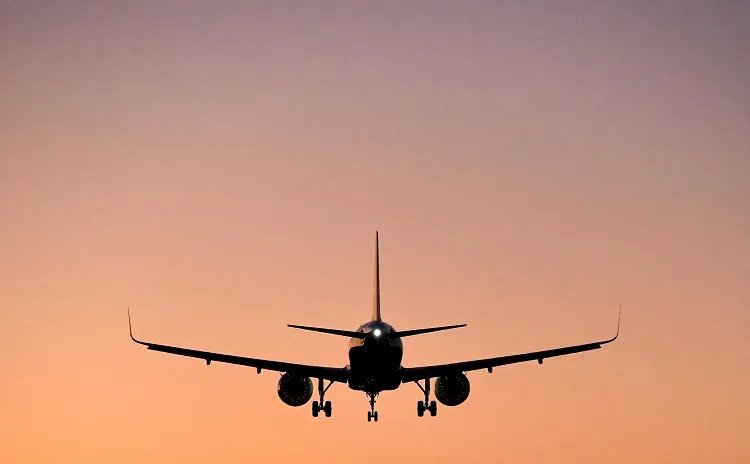Airlines not switching quickly enough to green jet fuel, study says


By Joanna Plucinska
(Reuters) – Most of the world’s airlines are not doing enough to switch to sustainable jet fuel, according to a study by Brussels-based advocacy group Transport and Environment, which also found too little investment by oil producers in the transition.
The comments come as the airline sector calls for more production of the fuel, which can be made from materials such as wood chips and used cooking oil.
Unfortunately, airlines at the moment are not on the trajectory to have meaningful emissions reduction because they’re not buying enough sustainable aviation fuel,” Transport and Environment aviation policy manager Francesco Catte said.
As it stands, SAF makes up about 1% of aviation fuel use on the global market, which needs to increase for airlines to meet carbon emission reduction targets. The fuel can cost between two to five times more than regular jet fuel.
A lack of investment by major oil players, who have the capital to build SAF processing facilities, is hampering the market’s growth, the study says.
In its ranking, Transport and Environment pointed to Air France-KLM, United Airlines and Norwegian as some of the airlines that have taken tangible steps to buy sustainable jet fuel, particularly its synthetic, cleaner burning version.
But 87% are failing to make meaningful efforts, the ranking shows, and even those who are trying could miss their own targets without more investment.
Airlines such as Italy’s ITA Airways and Portugal’s TAP have done very little to secure SAF in the coming years, the ranking shows.
A TAP spokesperson said the airline was the first to fly in Portugal with SAF in July 2022, “and is committed to flying with 10% SAF in 2030”.
ITA Airways did not respond to a Reuters request for comment.
(Additional reporting by Sergio Goncalves; Editing by Jan Harvey)
Sustainable aviation fuel (SAF) is a type of fuel made from renewable resources, such as used cooking oil and wood chips, designed to reduce carbon emissions from aircraft.
Oil producers play a crucial role in the transition to sustainable aviation fuel by investing in the development of processing facilities to produce SAF and increase its availability in the market.
Explore more articles in the Top Stories category











